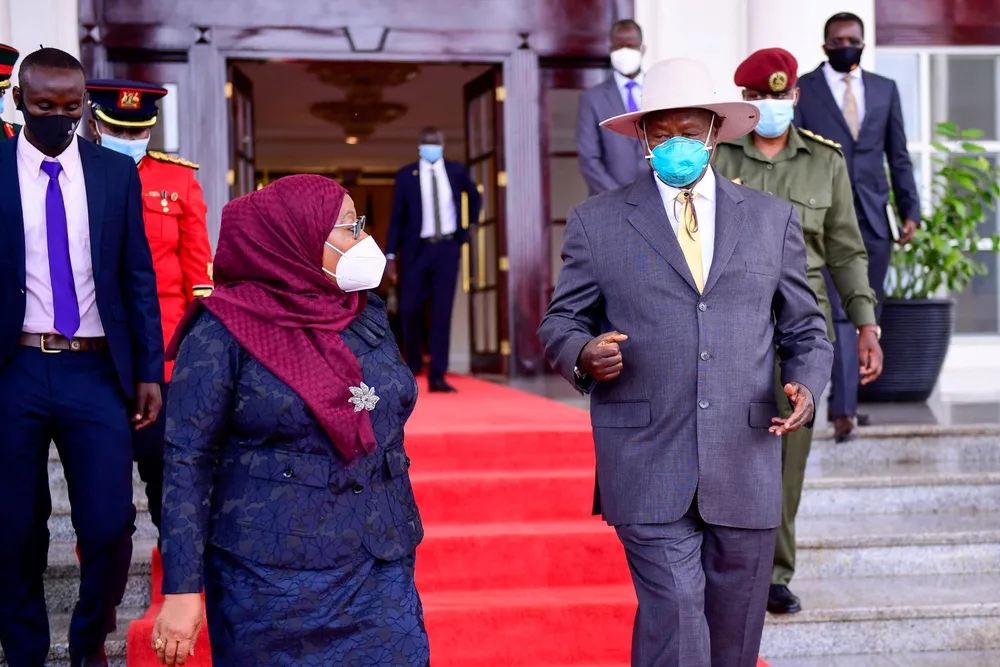Tilenga & Kingfisher: Huge contracts near as Uganda and Tanzania agree key oil deals
Total and CNOOC closing in on EPC awards for giant Lake Albert development and pipeline after host governments reach agreements

Total and CNOOC closing in on EPC awards for giant Lake Albert development and pipeline after host governments reach agreements
